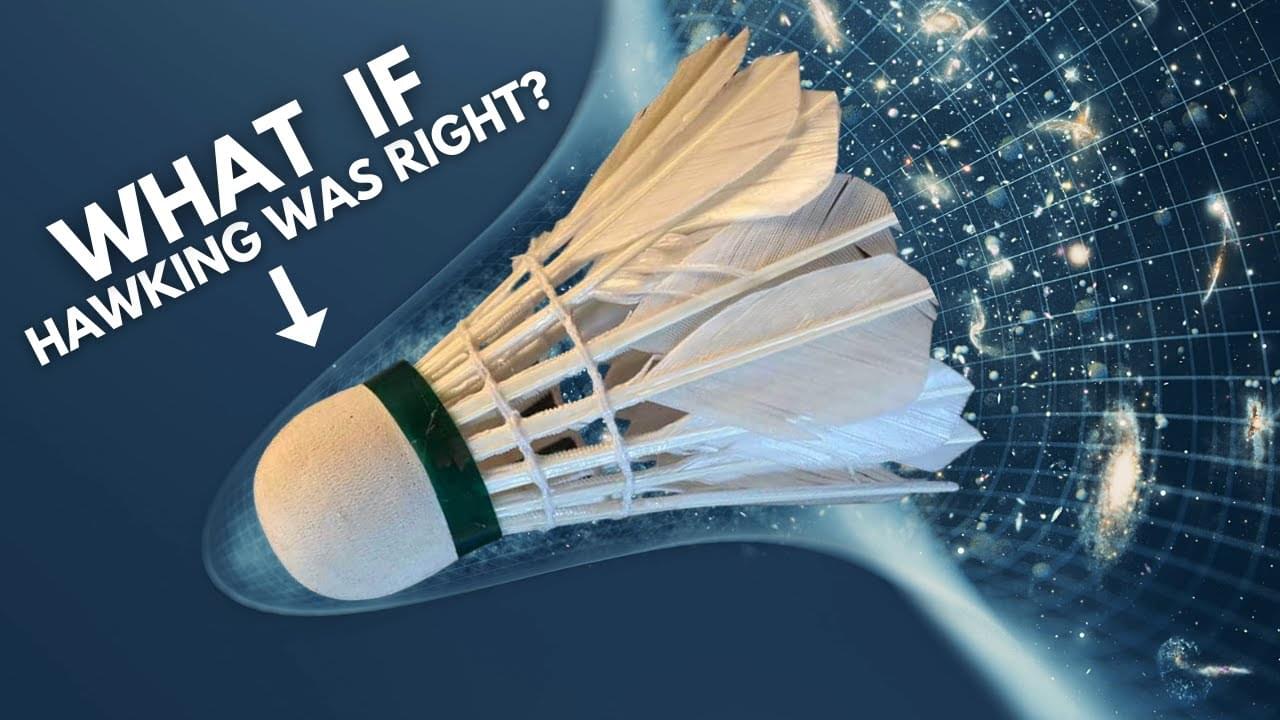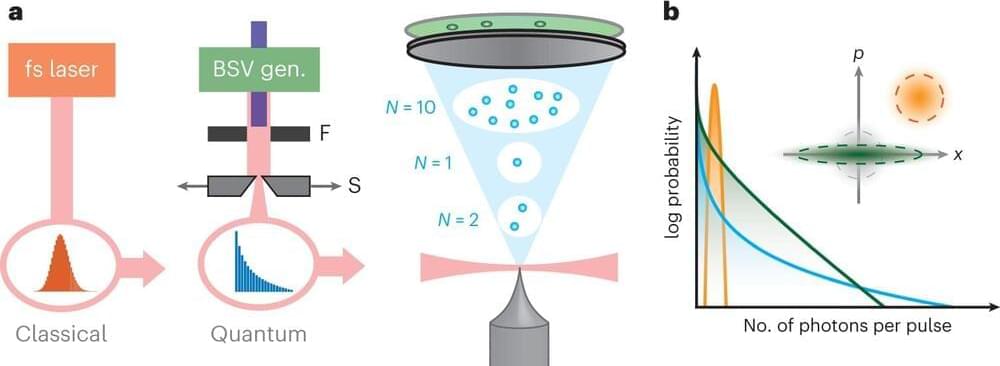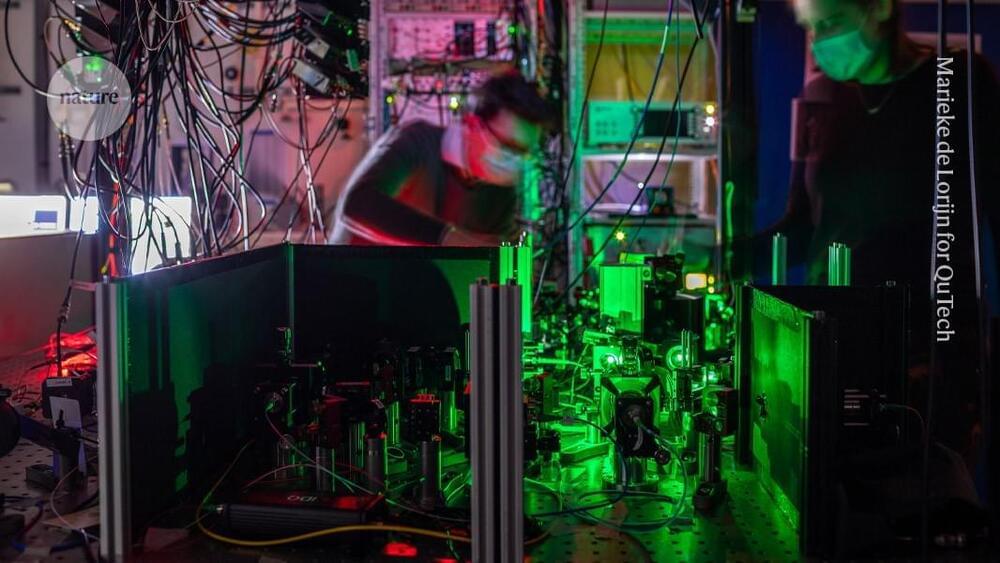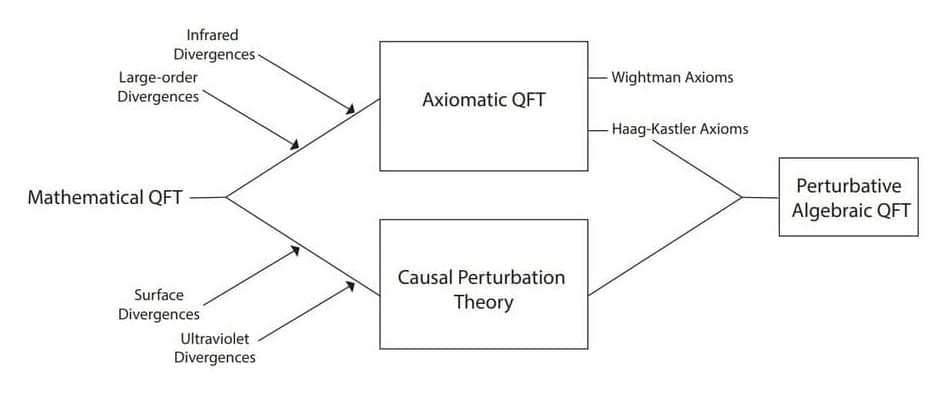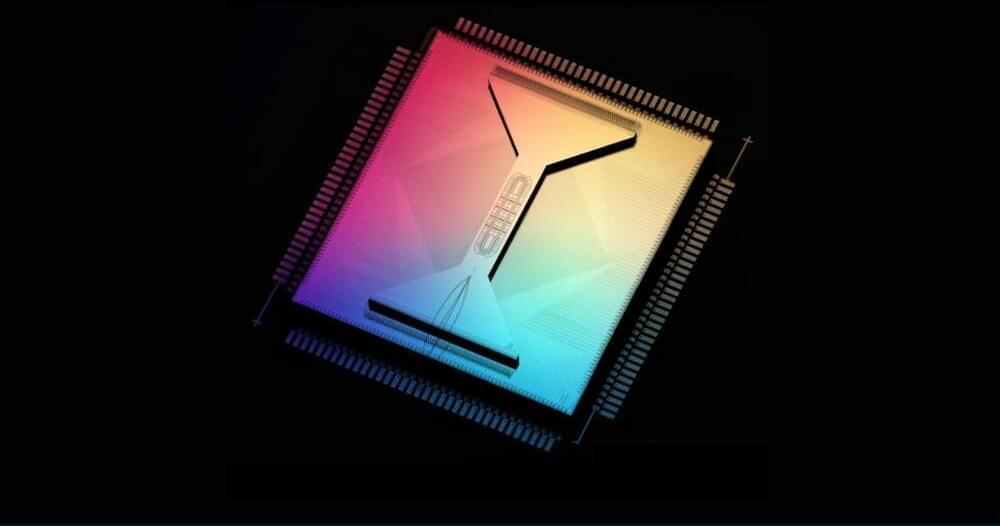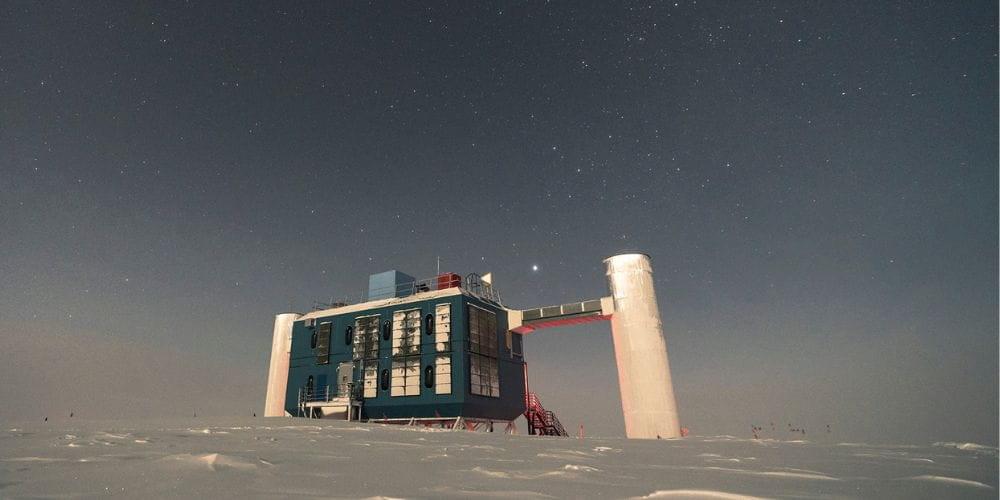May 18, 2024
A New Dimension of Quantum Materials: Topological Phonons Discovered in Crystal Lattices
Posted by Paul Battista in categories: mathematics, particle physics, quantum physics, space
An international research team has shown that phonons, the quantum particles behind material vibrations, can be classified using topology, much like electronic bands in materials. This breakthrough could lead to the development of new materials with unique thermal, electrical, and mechanical properties, enhancing our understanding and manipulation of solid-state physics.
An international group of researchers has found that quantum particles, which play a key role in the vibrations of materials affecting their stability and other characteristics, can be classified through topology. Known as phonons, these particles represent the collective vibrational patterns of atoms within a crystal structure. They create disturbances that spread like waves to nearby atoms. Phonons are crucial for several properties of solids, such as thermal and electrical conductivity, neutron scattering, and quantum states including charge density waves and superconductivity.
The spectrum of phonons—essentially the energy as a function of momentum—and their wave functions, which represent their probability distribution in real space, can be computed using ab initio first principle codes. However, these calculations have so far lacked a unifying principle. For the quantum behavior of electrons, topology—a branch of mathematics—has successfully classified the electronic bands in materials. This classification shows that materials, which might seem different, are actually very similar.

